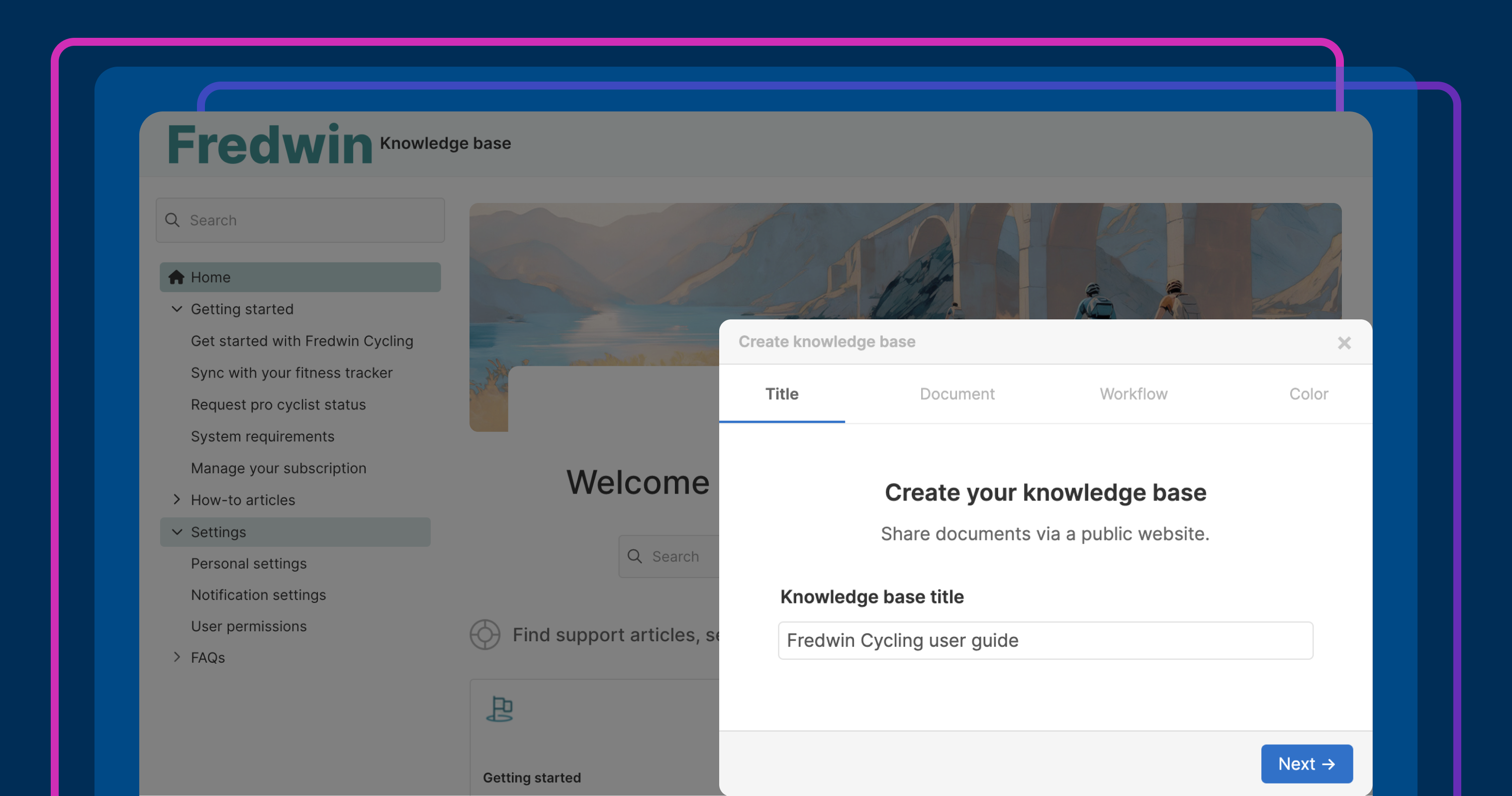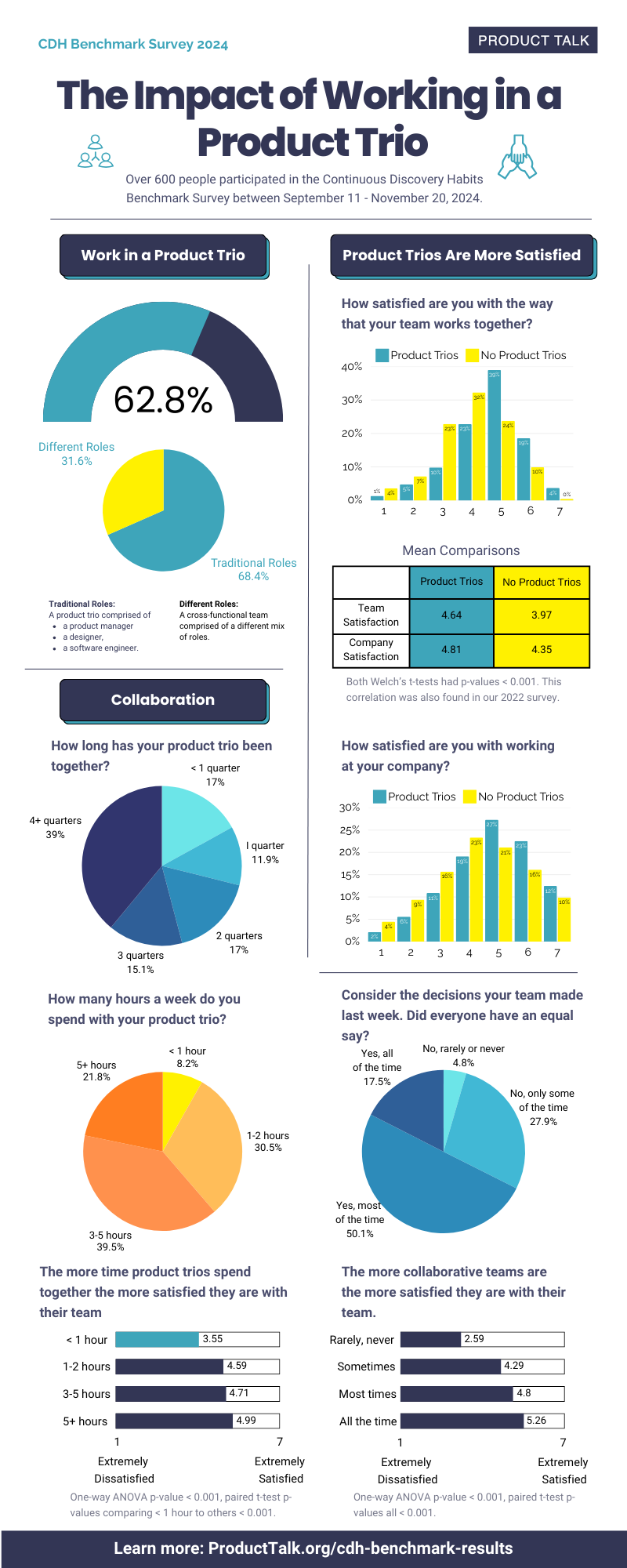How you might be sabotaging yourself when you negotiate
It can be difficult to assert yourself during a negotiation. You may feel emotional about the process, especially if you are countering a lower offer than you expected or are nervous about being up against a seasoned negotiator. Or perhaps you’re uncomfortable with the idea of selling yourself to a potential employer or partner. Whatever the case may be, your approach to negotiations could be working against you. The best way to make sure you don’t botch a negotiation is to prepare for it in advance, writes Lydia Fenet, a leading charity auctioneer and expert in selling and negotiations. That can involve using friends and family to practice how a negotiation may unfold. “To win a negotiation you need to play out as many different scenarios as possible before you sit down, so you are prepared for any angle,” she adds. When you are preparing for a tricky conversation—whether you’re hammering out a job offer or discussing a potential partnership—here are a few negotiation tips you should keep in mind: What not to say There are a few phrases that Fenet says you should steer clear of during any negotiation, to avoid unintentionally weakening your position. “If you begin a negotiation by asking, ‘Is it okay if I ask for . . . ?’ you have made me the authority, which gives me the upper hand,” she writes. Framing the question this way—or even explicitly asking if the salary figure you have proposed is too high—can indicate a lack of confidence, making it more difficult to negotiate effectively. It’s also important to set a number ahead of time that you won’t go below, so that you’re willing to walk away if the negotiation does not land where you were hoping. “By thinking this through before the negotiation, you should feel confident you won’t give away more than you want or accept less than you should in the heat of negotiation,” Fenet says. Since employers will expect you to drive a hard bargain, you should put a number forward without second-guessing yourself or questioning whether it’s too high. Don’t keep talking Sometimes, less is more when you are navigating a negotiation. You might struggle to sit in silence after sharing your salary requirements if, say, an employer does not immediately respond to your proposal. “If you’re highly agreeable, you like to keep things moving forward,” says leadership coach René Rodriguez. “You may not trip over little details, and you may agree to a lower price. Someone who isn’t as agreeable may stop the negotiation right away and demand a higher pay.” But silence can be a powerful tactic during a negotiation—particularly if you’re the kind of person who tends to overexplain or feels the need to justify your demands. In fact, it’s a strategy that employers may use to gain the upper hand during a negotiation. By holding your ground, however, you can force the person you’re negotiating with to speak first. How to follow up What you do after a successful negotiation is also a key part of getting the outcome you want. After all, as Fenet writes, a negotiation is “not done until the contract is signed.” It’s crucial to close the loop so you make sure that what you discussed is finalized. That said, there are times when you know a negotiation is unlikely to pan out. Maybe there isn’t room in the budget or the partnership just isn’t a good match. Even so, it can be worthwhile to create rapport with the person across the table. “Remember, life is long,” Fenet writes. “People change jobs, and budgets come and go; but if people walk out of a negotiation feeling like they made a connection, they will still be your first call.”

It can be difficult to assert yourself during a negotiation. You may feel emotional about the process, especially if you are countering a lower offer than you expected or are nervous about being up against a seasoned negotiator. Or perhaps you’re uncomfortable with the idea of selling yourself to a potential employer or partner.
Whatever the case may be, your approach to negotiations could be working against you. The best way to make sure you don’t botch a negotiation is to prepare for it in advance, writes Lydia Fenet, a leading charity auctioneer and expert in selling and negotiations. That can involve using friends and family to practice how a negotiation may unfold.
“To win a negotiation you need to play out as many different scenarios as possible before you sit down, so you are prepared for any angle,” she adds. When you are preparing for a tricky conversation—whether you’re hammering out a job offer or discussing a potential partnership—here are a few negotiation tips you should keep in mind:
What not to say
There are a few phrases that Fenet says you should steer clear of during any negotiation, to avoid unintentionally weakening your position. “If you begin a negotiation by asking, ‘Is it okay if I ask for . . . ?’ you have made me the authority, which gives me the upper hand,” she writes. Framing the question this way—or even explicitly asking if the salary figure you have proposed is too high—can indicate a lack of confidence, making it more difficult to negotiate effectively.
It’s also important to set a number ahead of time that you won’t go below, so that you’re willing to walk away if the negotiation does not land where you were hoping. “By thinking this through before the negotiation, you should feel confident you won’t give away more than you want or accept less than you should in the heat of negotiation,” Fenet says. Since employers will expect you to drive a hard bargain, you should put a number forward without second-guessing yourself or questioning whether it’s too high.
Don’t keep talking
Sometimes, less is more when you are navigating a negotiation. You might struggle to sit in silence after sharing your salary requirements if, say, an employer does not immediately respond to your proposal. “If you’re highly agreeable, you like to keep things moving forward,” says leadership coach René Rodriguez. “You may not trip over little details, and you may agree to a lower price. Someone who isn’t as agreeable may stop the negotiation right away and demand a higher pay.”
But silence can be a powerful tactic during a negotiation—particularly if you’re the kind of person who tends to overexplain or feels the need to justify your demands. In fact, it’s a strategy that employers may use to gain the upper hand during a negotiation. By holding your ground, however, you can force the person you’re negotiating with to speak first.
How to follow up
What you do after a successful negotiation is also a key part of getting the outcome you want. After all, as Fenet writes, a negotiation is “not done until the contract is signed.” It’s crucial to close the loop so you make sure that what you discussed is finalized.
That said, there are times when you know a negotiation is unlikely to pan out. Maybe there isn’t room in the budget or the partnership just isn’t a good match. Even so, it can be worthwhile to create rapport with the person across the table. “Remember, life is long,” Fenet writes. “People change jobs, and budgets come and go; but if people walk out of a negotiation feeling like they made a connection, they will still be your first call.”





























































































![Building A Digital PR Strategy: 10 Essential Steps for Beginners [With Examples]](https://buzzsumo.com/wp-content/uploads/2023/09/Building-A-Digital-PR-Strategy-10-Essential-Steps-for-Beginners-With-Examples-bblog-masthead.jpg)



![How One Brand Solved the Marketing Attribution Puzzle [Video]](https://contentmarketinginstitute.com/wp-content/uploads/2025/03/marketing-attribution-model-600x338.png?#)





![How to Use GA4 to Track Social Media Traffic: 6 Questions, Answers and Insights [VIDEO]](https://www.orbitmedia.com/wp-content/uploads/2023/06/ab-testing.png)






![[Hybrid] Graphic Designer in Malaysia](https://a5.behance.net/920d3ca46151f30e69b60159b53d15e34fb20338/img/site/generic-share.png)

![[HYBRID] ?? Graphic Designer](https://a5.behance.net/cbf14bc4db9a71317196ed0ed346987c1adde3bb/img/site/generic-share.png)























